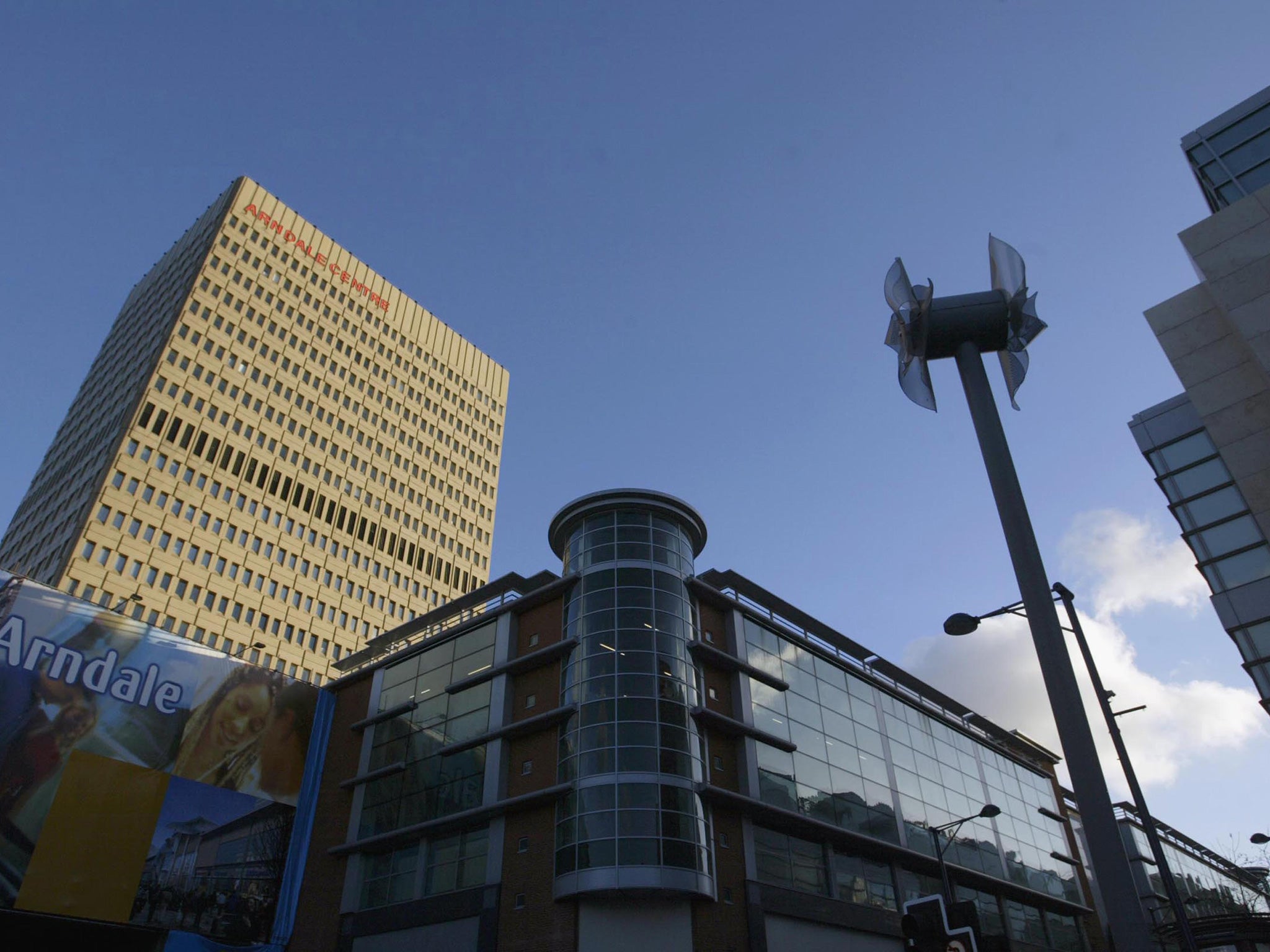Duo accused of Manchester Arndale centre al-Qaeda terror plot battle for right to return to UK
Exclusive: Immigration judge describes evidence used to ban Rizwan Sharif and Umer Farooq from UK as 'threadbare'

Two Pakistani men alleged to have been part of an al-Qaeda plot to blow up Manchester’s Arndale shopping centre could be set for a return to Britain after launching a court battle against Home Office exclusion orders.
Rizwan Sharif and Umer Farooq, now living in Pakistan, are bringing a judicial review of a Home Office decision to ban them from the UK. The orders were imposed months after the terror case against them collapsed due to lack of evidence.
At a hearing this week, an immigration judge described the evidence he had so far seen underpinning the exclusion order as “threadbare”.
The hearing at London’s Special Immigration Appeals Commission (Siac) is being covered by the Bureau of Investigative Journalism as part of its long-running examination of the use of secret evidence in counter-terrorism cases.
The pair were among 12 students arrested as part of controversial Operation Pathway in April 2009. The police raids had to be rushed forward after then Assistant Commissioner Bob Quick of the Met Police’s counter-terror squad accidentally allowed details of the operation to be photographed as he arrived for a Downing Street briefing.
The 12, all but one of whom were in the UK on student visas, were alleged to have been part of a plot to detonate a bomb at the Arndale centre in Manchester during Easter 2009. MI5 had been tracking their movements for weeks.
No bomb was ever found and the British case against the 12 collapsed within a fortnight. No UK charges were ever brought. Of the 12, only Abid Naseer, the alleged ringleader, was ever convicted – in the US earlier this year. He was prosecuted under a law allowing US authorities to pursue terrorism cases even if they take place overseas.
Of the 11 others, almost all faced deportation proceedings while some left the UK voluntarily, after which the Home Secretary signed exclusion orders banning their return.
Farooq, now 31, and Sharif, 32, both left voluntarily in September 2009. Despite maintaining their innocence, they were excluded by the Home Secretary on the grounds their presence in Britain was not conducive to the public good.
Siac judge Mr Justice Mitting is considering whether the Home Secretary had sufficient evidence to exclude them or whether it was a decision made in error, based on incomplete or inaccurate facts.
Some of the evidence is deemed so sensitive to national security that it is being heard in closed court sessions.
But after hearing several hours of evidence in open session on Wednesday, Mr Justice Mitting said that based on what he had seen so far, “the reasons for saying the decision should be maintained are threadbare”.
He said: “We have to ask ourselves [in the closed proceedings] if there’s an innocent explanation for what the Secretary of State relies on.”
In their video link evidence on Wednesday, Farooq and Sharif said they had met Abid Naseer only once – at a house party. They said they spoke different languages and had completely different interests. While they enjoyed cricket, clubbing and food, they said he seemed “serious” and “religious”.
The Home Secretary argues that the exclusion decision was based on the future risk the men posed to the national security of the UK.
The case continues.
Subscribe to Independent Premium to bookmark this article
Want to bookmark your favourite articles and stories to read or reference later? Start your Independent Premium subscription today.
